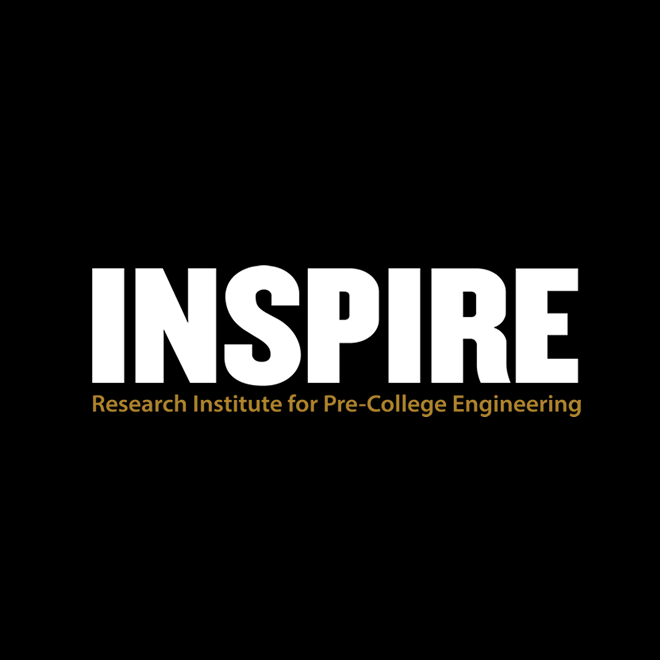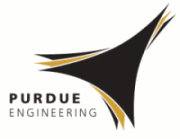Abstract
We report the results of a study focused on identifying and articulating an ‘‘epistemic foundation’’ underlying a pre-collegiate focus on engineering. We do so in the context of UTeachEngineering (UTE), a program supported in part by funding by the National Science Foundation and designed to develop a model approach to address the systematic challenges facing this work—from identifying learning goals, to certifying pre- and in-service teachers for engineering courses to developing a research-based high school engineering course. Given the systemic nature of the UTE approach, this model is positioned to serve as a starting point to further the conversation around two of the National Academy of Engineering Committee on Standards in K-12 Engineering Education (2010) central recommendations for future work in this area: (1) Identification of core ideas in engineering, and (2) creation of guidelines for instructional materials. Toward that end, project faculty and staff were interviewed and/or surveyed about their views on the goals and outcomes of engineering and engineering teacher education, as well as strategies design to reach these goals and the warrants for them. Data were analyzed following a grounded protocol. The results align well with previous efforts to identify ‘‘core engineering concepts, skills, and dispositions for K-12 education’’ (National Academy of Engineering Committee on Standards in K-12 Engineering Education, 2010, Annex to Chapter 3).
Recommended Citation
Marshall, J. A.,
&
Berland, L. K.
(2012).
Developing a Vision of Pre-College Engineering Education.
Journal of Pre-College Engineering Education Research (J-PEER), 2(2), Article 5.
https://doi.org/10.5703/1288284314869


